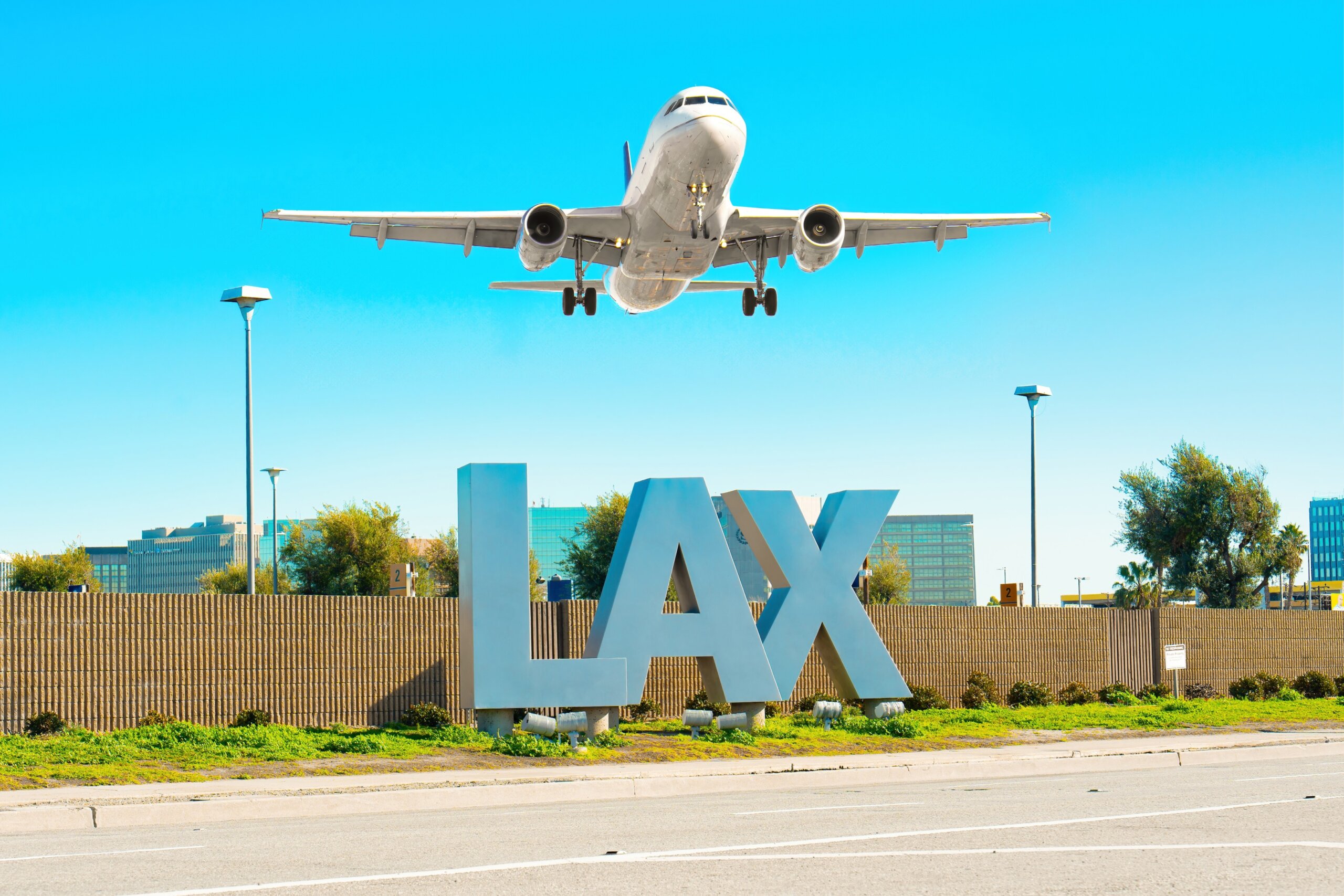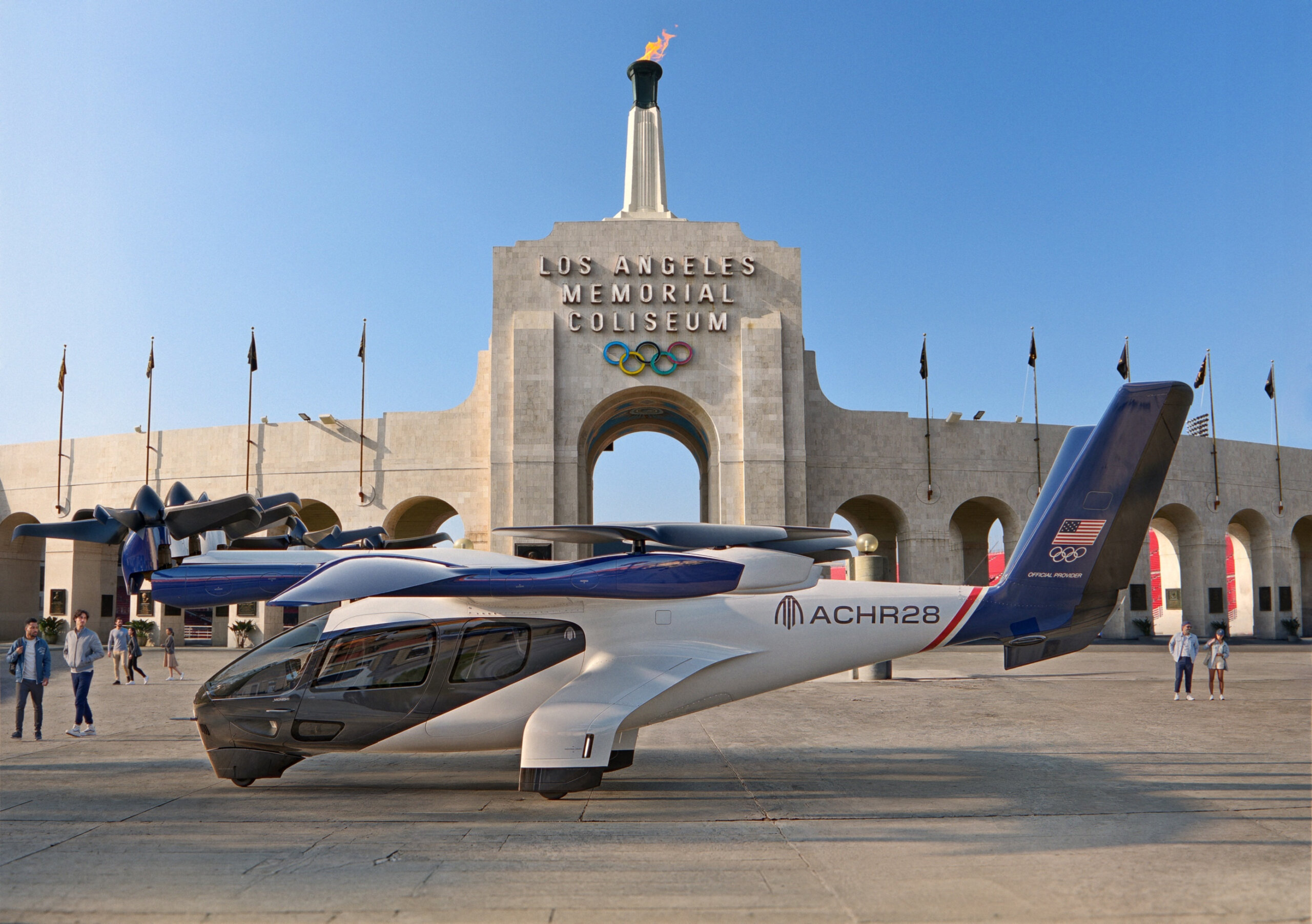
The world is headed to the United States, but the real question is whether the nation’s travel system can handle the surge. The 2026 FIFA World Cup and the 2028 Los Angeles Olympics are expected to draw millions of fans, putting airports, airlines, and border control under pressure like never before.
Experts warn that outdated facilities, long visa wait times, and overcrowded terminals could turn once-in-a-lifetime trips into logistical nightmares. Airlines and airports are now scrambling to upgrade systems before the crowds arrive. If they fall short, the games may not be remembered for the glory on the field but for the chaos in the terminals.
Billions at Risk if Delays Persist
The U.S. Travel Association calls this a “mega-decade” for American tourism, with international arrivals expected to climb sharply through 2026 and beyond. But long visa backlogs are already keeping travelers stuck. In India, for example, applicants often wait three to nine months for an appointment, and in some cities the delay stretches well past a year. In other countries, the wait can exceed 600 days, making it nearly impossible for many fans to secure the necessary documents in time for the World Cup.
Those delays come with a price. Analysts estimate the U.S. could lose up to $19 billion in tourism spending over just two years if the backlog continues.
Airports face similar strain. TSA screened more than 3 million passengers during peak holiday weekends in 2024. By 2026, experts predict that kind of “holiday rush” traffic will become a normal day at dozens of airports nationwide.
Airlines and Airports Turn to Tech
Airports and airlines have begun rolling out digital upgrades to accommodate the anticipated surge in travelers. Major hubs are now testing biometric eGates that use facial recognition to expedite passenger security screening in just a few seconds. Airlines are adding ID-scanning apps, allowing travelers to check in from home without typing in their passport details.
At the gates, agents carry handheld devices that scan boarding passes, change seats, and reroute luggage on the spot. These tools expedite travel while also minimizing costly mistakes and fines that occur when passenger information does not align with official records.
Major Hubs Race to Modernize
Dallas/Fort Worth Airport has already cut international passport wait times by about 25 percent after installing Enhanced Passenger Processing, a facial-recognition system. The airport invested over $32 million in this technology, which enables travelers to move through the process faster while still offering an opt-out option.
Los Angeles International Airport continues to overhaul its infrastructure under a $30 billion modernization plan. The centerpiece, the Automated People Mover (APM), is now 96–97 percent complete. The system is on track to open in early 2026, following the securing of additional funding and the clearance of legal delays.

Airports from Seattle to Atlanta are testing real-time crowd monitoring systems equipped with advanced sensors. These tools track passenger flow and flag potential congestion before it develops, helping staff redirect traffic and prevent bottlenecks at check-in and security lanes.
Airlines Expand Their International Reach
Carriers large and small are expanding into fresh international markets, reopening old connections, and increasing flight frequencies to meet the surge in demand. Here’s how some of the biggest names in U.S. aviation are preparing for the travel wave ahead.
Alaska Airlines
Alaska Airlines will launch its first-ever nonstop transatlantic service in summer 2026, flying from Seattle–Tacoma (SEA) to Rome (FCO). The route will operate four times a week and come with premium amenities inspired by Italian culture. A major step in Alaska’s move beyond North American markets.
Southwest Airlines
Southwest has filed with the U.S. Department of Transportation for new flight rights to countries covered by open skies agreements, extending its reach beyond current limits into Mexico, Central America, and the Caribbean. The airline is also negotiating contract updates with internal unions to support these new routes.
Delta Airlines
Delta is expanding at Austin-Bergstrom International Airport (AUS). Starting in November 2025, it will offer nonstop flights to Denver and Cancun, with added summer 2026 service to Columbus and Kansas City. Delta will also boost flights to San Francisco and Indianapolis, as well as introduce seasonal routes to Palm Springs.
Frontier Airlines
Frontier is pushing into both domestic and international markets ahead of 2026. It announced 20 new routes launching late 2025 through early 2026, including service from Houston to San Pedro Sula (Honduras) and Guatemala City. Other new destinations include Cancun, New Orleans, Dallas, Detroit, Charlotte, Baltimore, and Fort Lauderdale, with ultra-low fares starting at just $29.
Air Mobility Becomes Part of the LA28 Plan

Los Angeles plans to debut one of the most ambitious transport experiments at the 2028 Olympics. Archer Aviation, named the official air taxi provider for the Games, will launch its Midnight electric vertical takeoff and landing aircraft. Each small aircraft seats up to four people and can cross the city in 10 to 20 minutes, offering a faster alternative to gridlocked freeways. Planned vertiport locations include SoFi Stadium, LAX, the Memorial Coliseum, Santa Monica, and Orange County.
The Midnight runs entirely on electricity, makes far less noise than a helicopter, and includes multiple safety systems similar to those used in commercial planes. The LA28 Games will serve as the first large-scale test of air taxis in an urban setting.
These aircraft will not replace mass transit, but they underscore the urgency with which Los Angeles and its partners are seeking new ways to move people quickly through one of the most congested cities in the country.
The Ultimate Test for U.S. Travel
The federal government has set aside hundreds of millions for security and event planning. Nevertheless, technology may prove to be the real game-changer. Airlines and airports that modernize quickly will keep fans moving while avoiding the risks of delay, frustration, and reputational damage that can linger long after the games end.
As athletes chase gold on the field, America’s travel industry faces its own defining contest. The outcome will decide whether visitors remember a smooth, once-in-a-lifetime journey or a travel meltdown on the global stage.
For more tips on navigating airports and flying smarter, visit our travel resources and discover guides that make every trip easier.
